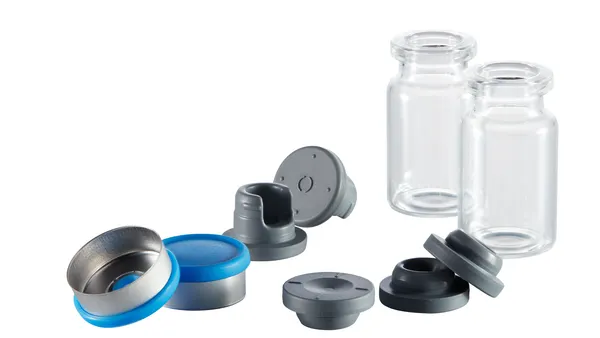Dive Brief:
- Production lines are rolling at a Thermo Fisher Scientific Inc. facility in the U.K., which began manufacture of Flexion Therapeutics Inc.'s newly approved osteoarthritis drug Zilretta last week.
- Flexion tapped Thermo Fisher's Patheon unit to support the commercial launch of Zilretta, taking advantage a flexible "condo" manufacturing option offered by the industry giant. Zilretta secured U.S. approval last October and has been available to patients nationwide since Nov. 20.
- By using Patheon's Swindon, U.K. site, Flexion says it can better adjust to changes in demand for the injectable suspension while sharing the capital and operating expenses.
Dive Insight:
Forecasting demand can be a challenge for biopharma companies launching new products, especially ones that require complex manufacturing. Tapping a contract partner such as Thermo Fisher's Patheon can help cut the risk of building a costly production facility before patterns in demand are clear.
Flexion's Zilretta (triamcinolone acetonide extended-release injectable suspension) was approved in October for osteoarthritis-related knee pain. The drug combines a short-acting corticosteroid with a poly lactic-co-glycolic acid (PLGA) matrix, using Flexion's "microsphere" technology to deliver pain relief over 12 weeks.
Flexion had originally relied on Evonik Corp. for production of both the PLGA matrix and the finished drug product, but switched finished drug manufacturing to Patheon UK Ltd. in early 2016.
"We knew going into the launch of this novel therapy that it was critical to have the capacity to respond to increases in demand for our medicine," said Flexion CEO Michael Clayman in a Jan. 11 statement released by Thermo Fisher. "The strategic solution provided by Thermo Fisher's Pharma Services business creates flexibility to ensure supply."
Thermo Fisher bought Patheon and its expertise in finished dosage and active pharmaceutical ingredient manufacturing for $7.2 billion last May.
In a statement on the start of manufacturing, Thermo Fisher billed the collaboration with Flexion as a "departure" from a forced choice between "build or buy" in drug manufacturing.











